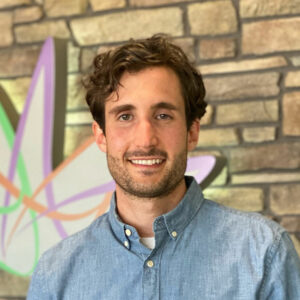 As the Therapy Director at MRHC, Taylor Nelson, PT, DPT, is committed to elevating the therapy department to new heights, offering cutting-edge treatments, and fostering a culture of excellence. As a Vestibular Rehabilitation Specialist, Nelson specializes in orthopedic-type conditions, implementing a multifaceted approach, including hands-on and exercise-based treatments to help patients achieve their physical therapy goals. Since starting at MRHC in 2021, Nelson has been dedicated to providing high-quality, evidence-based care.
As the Therapy Director at MRHC, Taylor Nelson, PT, DPT, is committed to elevating the therapy department to new heights, offering cutting-edge treatments, and fostering a culture of excellence. As a Vestibular Rehabilitation Specialist, Nelson specializes in orthopedic-type conditions, implementing a multifaceted approach, including hands-on and exercise-based treatments to help patients achieve their physical therapy goals. Since starting at MRHC in 2021, Nelson has been dedicated to providing high-quality, evidence-based care.
“I enjoy working with individuals, and I like to think that I am a good listener. I believe this helps in determining what patients have going on and planning different strategies to improve their condition,” Nelson shared. “MRHC has been more than willing to listen to new ideas and develop new service areas that not only help our department grow but more importantly, provide patients with new treatment methods that will help them achieve their overall goals.”
Most recently, the therapy department collaborated with the respiratory therapy department to develop a Pulmonary Conditioning Program for patients suffering from respiratory issues. This was a service that the hospital was not able to offer previously. This collaborative initiative underscores MRHC’s commitment to meet evolving community healthcare demands.
“I feel like MRHC is a great representation of what the community of Manning strives to be: progressive in accepting new possibilities while maintaining their core values and respecting each individual that comes through the door,” said Nelson.
While expanding and enhancing treatment options and services for physical, occupational, and speech therapy at MRHC is one of Nelson’s main priorities, his vision for the therapy department goes even further.
“My broad, overarching goal for the department is to be experts in our field so that people know they will receive top-notch, evidence-driven care for whatever condition they are coming to us for,” Nelson emphasized. “I realize that it can be frustrating when it seems like to receive the care you expect and deserve, you must travel long distances. I want our department to have the reputation that we can help, and we are the experts you can rely on.”
Central to Nelson’s success is the supportive environment cultivated by MRHC administration and his peers. In addition to the support he receives, he is also appreciative of the emphasis on teamwork and mutual respect that fosters a positive work culture where every voice is heard. He points out the administration’s dedication to creating an enjoyable workplace, where collaboration thrives, and professional development is encouraged.
“A good team environment is always a selling point for a job. At MRHC that is the genuine truth. It is a goal of our administration as well as every department lead to create an environment that listens to each other as well as make it an enjoyable place to work long term,” Nelson shared.
It is also evident that Nelson plays an important role in helping young professionals grow in their healthcare careers. As Therapy Director, Nelson oversees the physical, occupational, and speech therapy staff. His team is made up of four additional individuals, Physical Therapist, Lucas Schwery; Occupational Therapist, Amy Osbahr; Speech Therapist, Carrie Scharfenkamp; and Intake Coordinator, Stacy Arp – who all share Nelson’s vision of helping the therapy department continually grow and improve.
“Taylor has been a major help in preparing me for my career as a physical therapist,” shared Lucas Schwery, DPT. “He leads by example as to what it means to be a good physical therapist and is always there to answer any questions that I may have.”
For aspiring physical therapists or those interested in pursuing a general career in healthcare, Taylor offers advice rooted in his own experiences.
“Take advantage of all the opportunities afforded to you in high school. Many schools provide training to get your CNA before graduation. This would be a great way to get your foot in the door and gain experience in general with the healthcare world. Having that experience would be greatly appreciated when starting the interview process to get into PT school or just expose you to other jobs in healthcare that you initially might not be aware of,” Nelson recommended. “If someone is dead set on PT, having a solid plan for the steps necessary to become a PT would help in terms of looking into which schools offer direct paths into their PT programs.”
If you are interested in joining the MRHC team, visit www.mrhcia.com/careers or call (712) 655-2072 for more information.
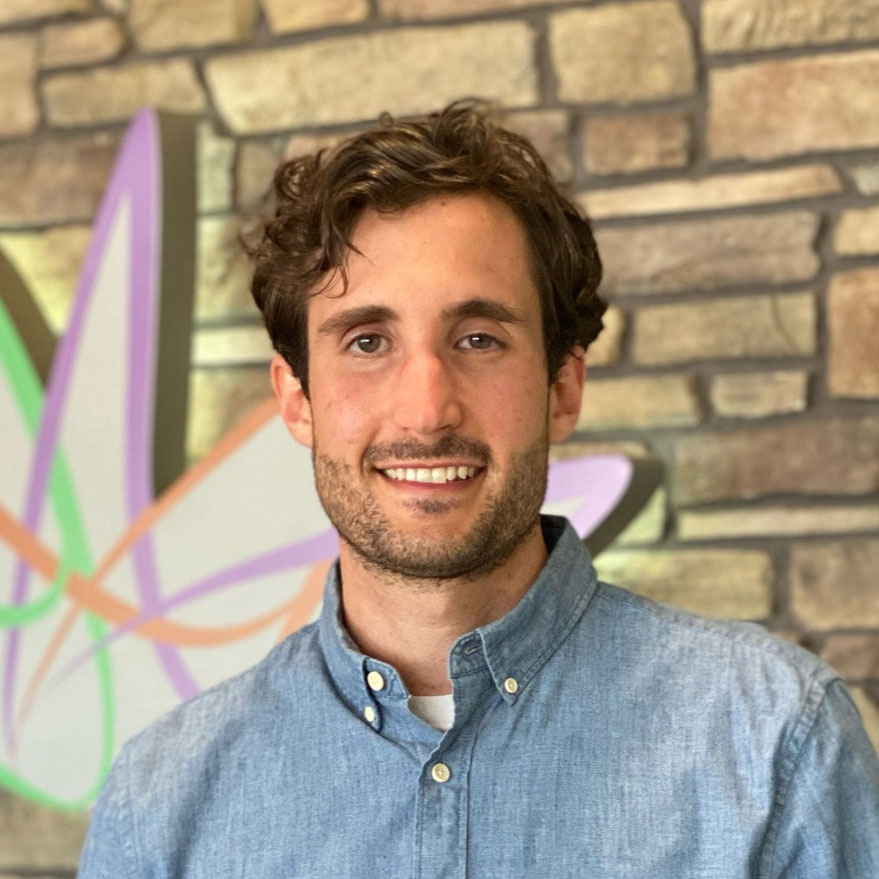
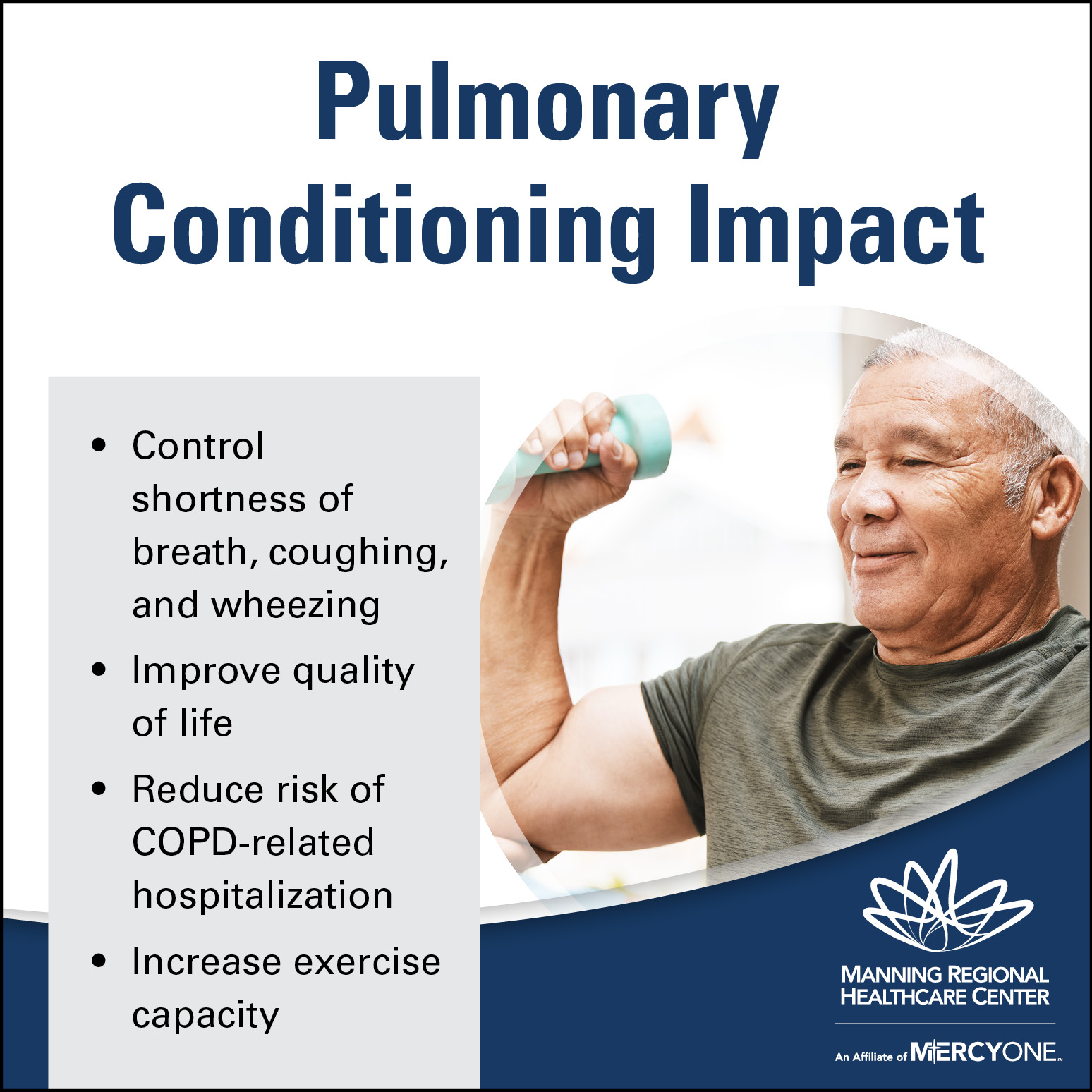
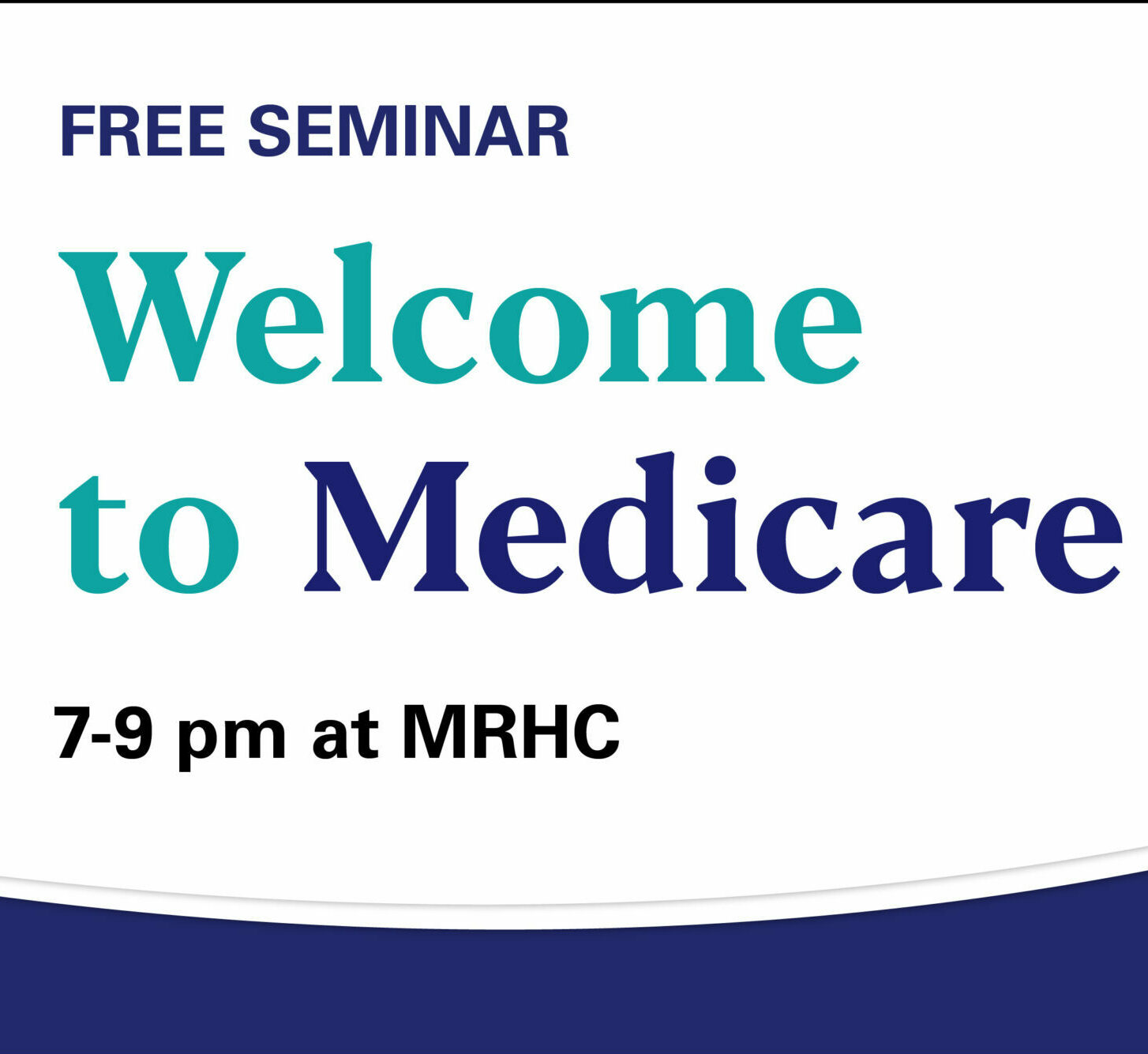

 Over the past few years, our collective journey at MRHC has been nothing short of transformative. United by a shared commitment to patient safety, quality care, and team engagement, we have implemented a strategic plan that not only elevated healthcare standards but also garnered attention and respect from the broader healthcare community.
Over the past few years, our collective journey at MRHC has been nothing short of transformative. United by a shared commitment to patient safety, quality care, and team engagement, we have implemented a strategic plan that not only elevated healthcare standards but also garnered attention and respect from the broader healthcare community.
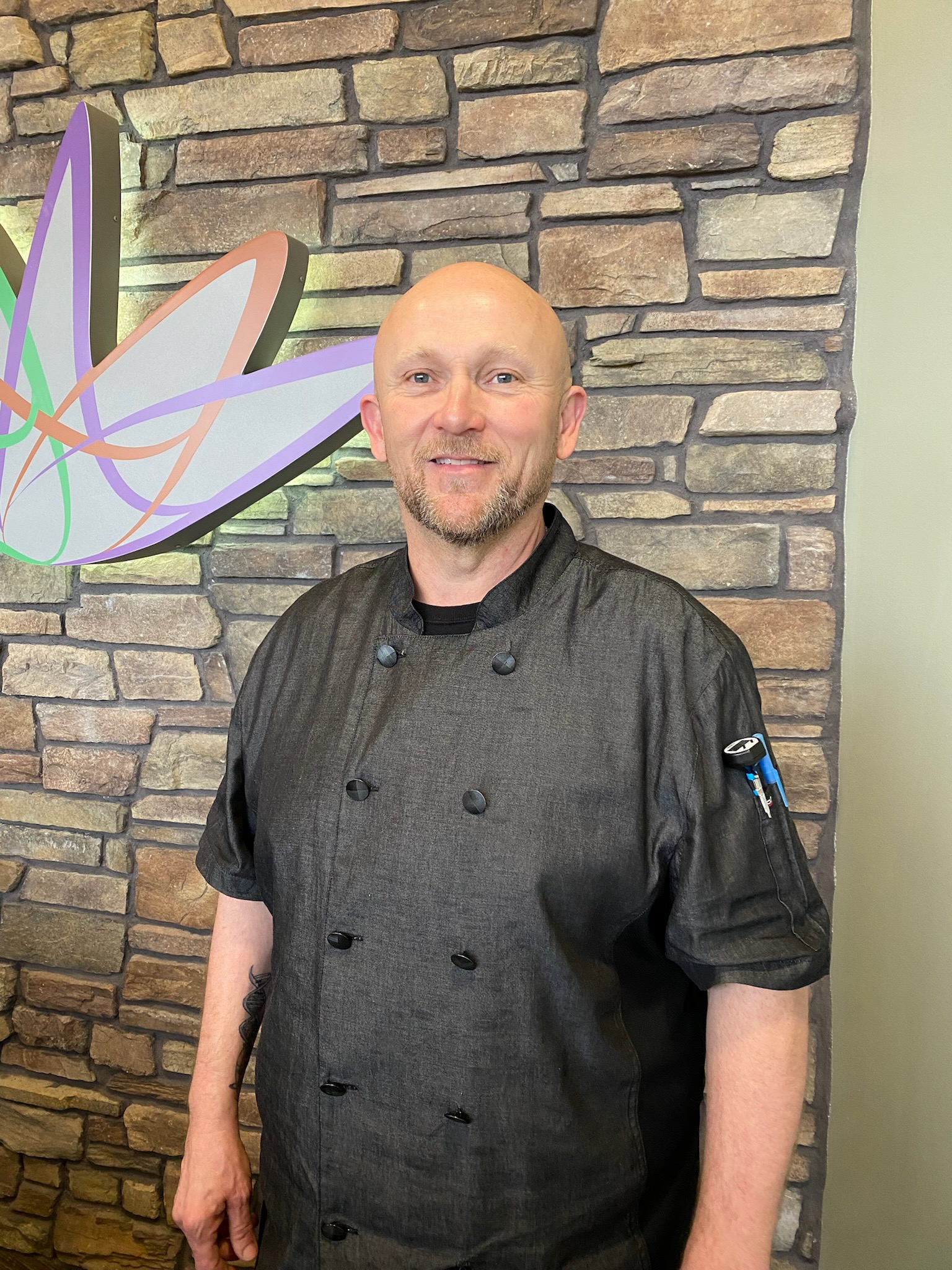
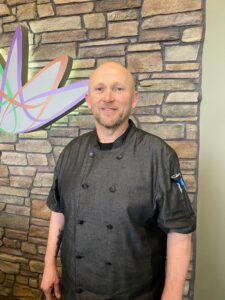 A culinary career can take many unexpected turns, leading to surprising and fulfilling destinations. This is the case for Dan Grove, whose passion for cooking initially led him to kitchens of prestigious hotels and restaurants, ultimately guiding him to a pivotal role at MRHC, where his culinary expertise now plays a crucial role in patient care.
A culinary career can take many unexpected turns, leading to surprising and fulfilling destinations. This is the case for Dan Grove, whose passion for cooking initially led him to kitchens of prestigious hotels and restaurants, ultimately guiding him to a pivotal role at MRHC, where his culinary expertise now plays a crucial role in patient care.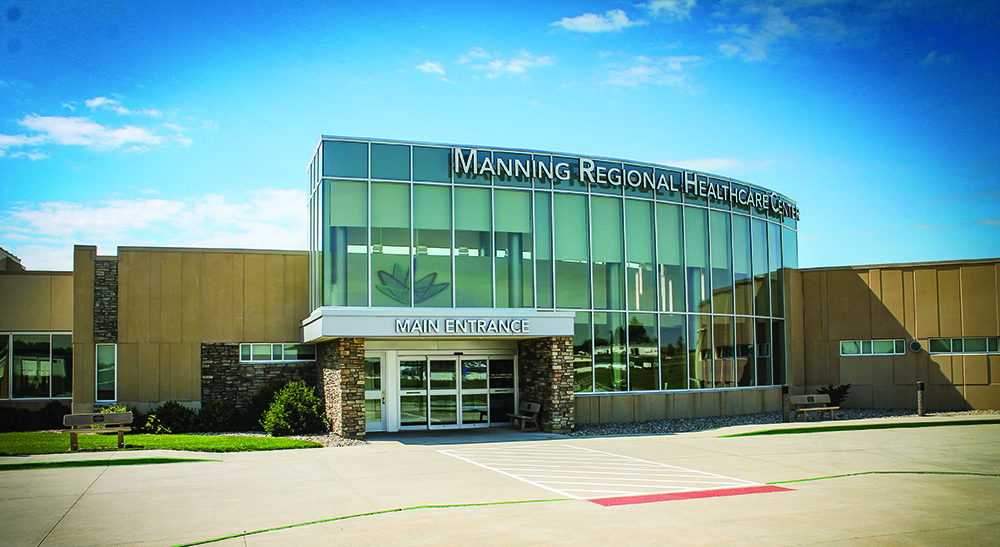
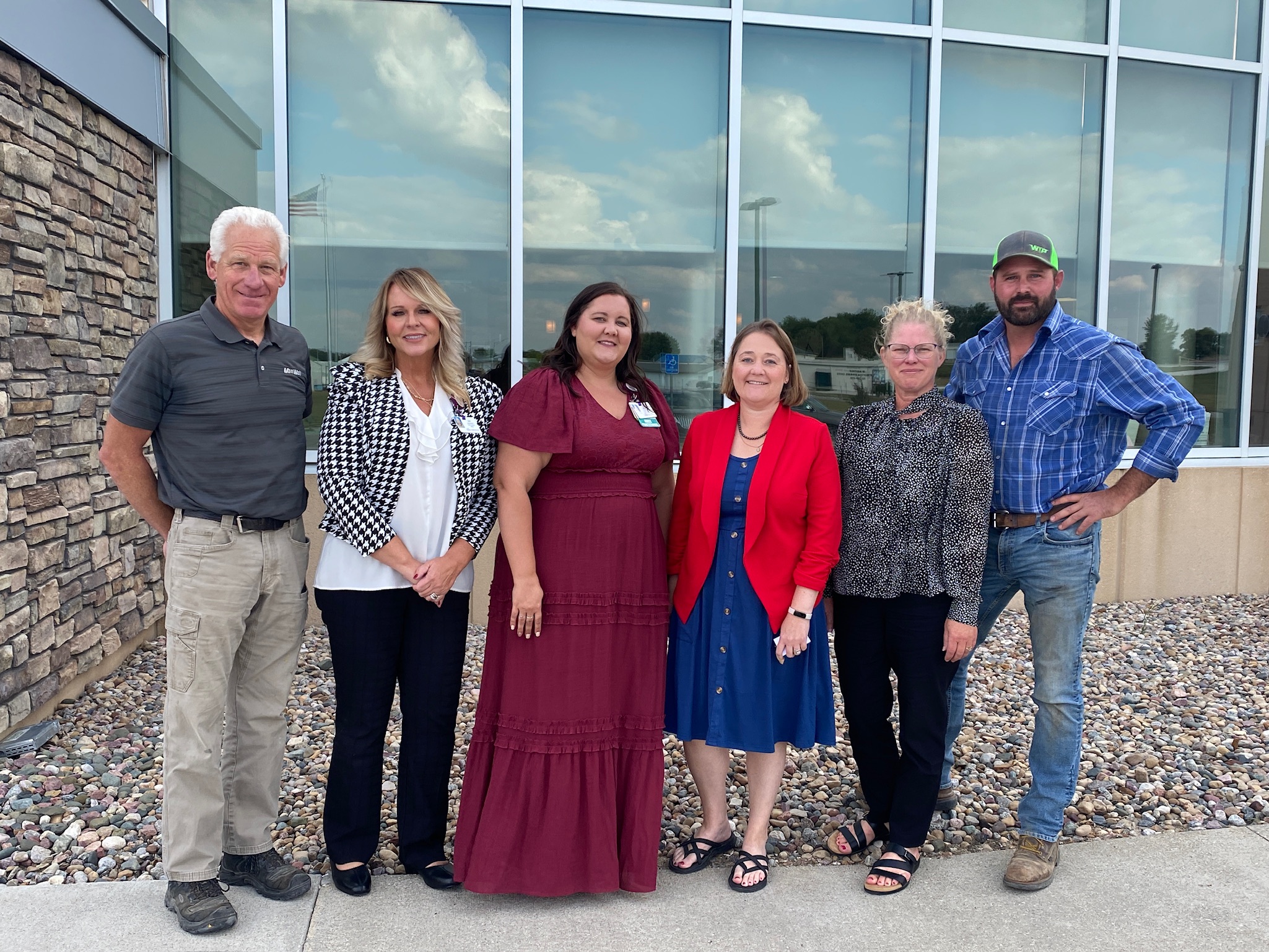
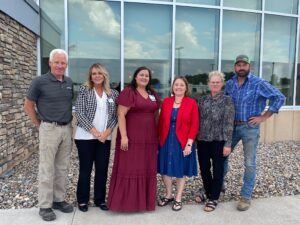
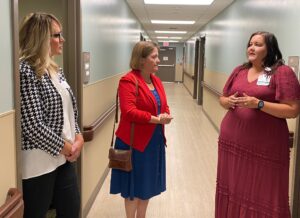 One of the key highlights of Attorney General Bird’s visit was her exploration of the Recovery Center at Manning Regional Healthcare Center, where she engaged in discussions with addiction treatment specialists, counselors, and individuals in recovery. She expressed her deep concern about the rising prevalence of substance abuse issues in rural areas and emphasized the importance of comprehensive treatment options.
One of the key highlights of Attorney General Bird’s visit was her exploration of the Recovery Center at Manning Regional Healthcare Center, where she engaged in discussions with addiction treatment specialists, counselors, and individuals in recovery. She expressed her deep concern about the rising prevalence of substance abuse issues in rural areas and emphasized the importance of comprehensive treatment options.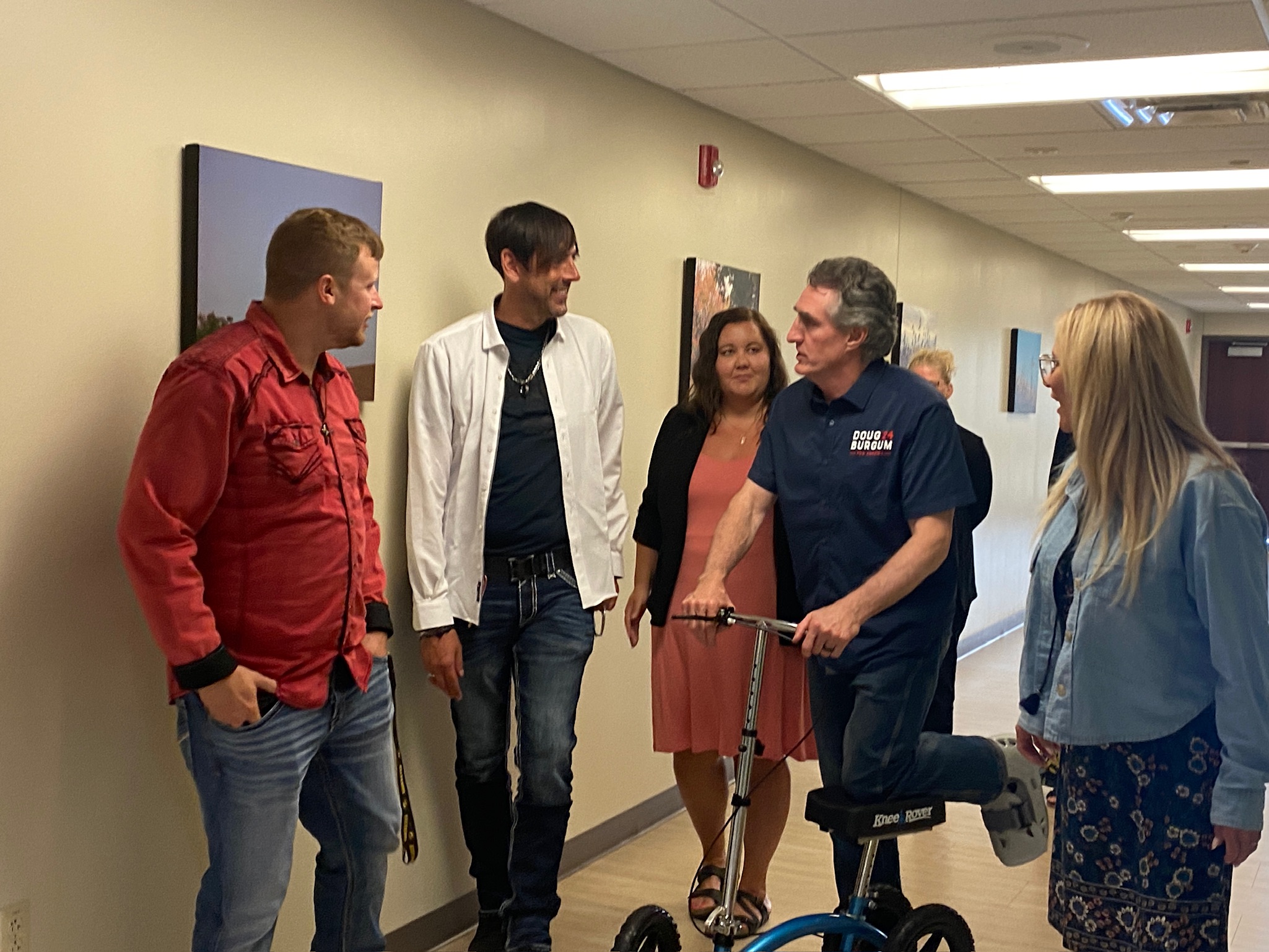
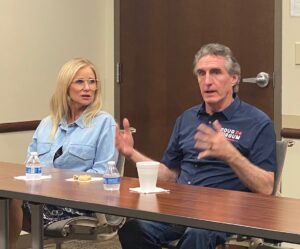 epublican presidential candidate and North Dakota Governor, Doug Burgum, along with his wife, Kathryn, visited Manning Regional Healthcare Center on Wednesday, September 6th to learn about the challenges and opportunities within rural healthcare.
epublican presidential candidate and North Dakota Governor, Doug Burgum, along with his wife, Kathryn, visited Manning Regional Healthcare Center on Wednesday, September 6th to learn about the challenges and opportunities within rural healthcare.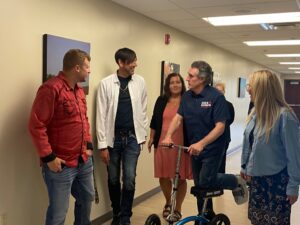 He continued, “These are sons and daughters [or] nieces and nephews of people who have been trapped in the disease of addiction and this is something we have to take on as a nation. There is a role for communities to play, but it starts right here like what is happening in Manning where great people [are] caring for each other and approaching this as the disease it is to fight against the disease of addiction.”
He continued, “These are sons and daughters [or] nieces and nephews of people who have been trapped in the disease of addiction and this is something we have to take on as a nation. There is a role for communities to play, but it starts right here like what is happening in Manning where great people [are] caring for each other and approaching this as the disease it is to fight against the disease of addiction.”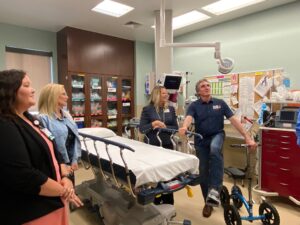 Additionally during the hospital tour, the Governor and first lady stopped in the emergency department and experienced a live-look at the Avel e-Care emergency response system. They were impressed with the quality of care that can be achieved in rural areas despite having limited staffing. They also acknowledged that additional technological advances are necessary in order for rural healthcare to succeed long-term.
Additionally during the hospital tour, the Governor and first lady stopped in the emergency department and experienced a live-look at the Avel e-Care emergency response system. They were impressed with the quality of care that can be achieved in rural areas despite having limited staffing. They also acknowledged that additional technological advances are necessary in order for rural healthcare to succeed long-term.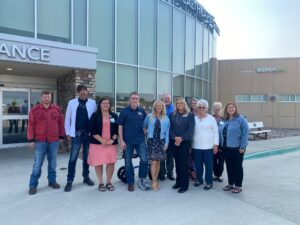 “We are thankful for the Governor and Kathryn’s visit to MRHC and appreciate them taking time to learn about the unique services we offer here, as well as the challenges we face with regard to rural healthcare funding and staffing,” shared MRHC CEO, Linn Block.
“We are thankful for the Governor and Kathryn’s visit to MRHC and appreciate them taking time to learn about the unique services we offer here, as well as the challenges we face with regard to rural healthcare funding and staffing,” shared MRHC CEO, Linn Block.